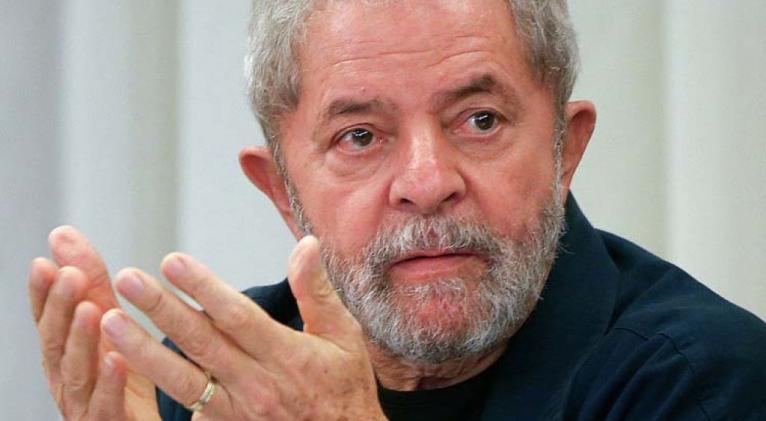Contradictions in Lula's Sentence, According to Brazilian Justice
especiales

The Federal Public Ministry of Brazil informed that there are omissions and contradictions in the sentence for corruption ruled by Judge Gabriela Hardt against former President Luiz Inacio Lula da Silva, who has been in prison for 325 days.
Hardt, who replaced Judge Sergio Moro en the anticorruption operation Lava Jato, sentenced the ex-workers leader to 12 years and 11 months in prison for active and passive corruption, and money laundering, in the Atibaia case.
The judge considered that Lula benefited from works worth some 273,000 dollars that three companies did in a country house in the municipality of Atibaia, in Sao Paulo.
The house belonged to the entrepreneur Fernando Bittar, a friend of the former leader who gave it to Lula in 2010 for the enjoyment of his family.
Although that fact was verified, the judge claimed that the former president benefited illegally from the repair works on the building by the companies Odebrecht, OAS and Schain.
An investigation into Odebrecht's tip payment system, which was submitted by Lula's defense lawyers to Moro, demolished the accusation that the contractor had granted any amount of money to the former union leader to reform the house. The defendant denies having committed any irregularities.
According to the Prosecutor's Office, Lula was accused of ten crimes of passive corruption. 'Some items of the sentence mentioned the practice of the crime of active corruption by Luiz Inacio Lula da Silva.'
As it is just a material error, 'the Federal Public Ministry demands that the contradiction be rectified, so that it becomes a crime of passive corruption.
The prosecutors noted 'an omission in the sentence'. The sentence handed over to Lula by Judge Hardt is longer than the one ruled by Moro. In July 2017, the then Lava Jato judge sentenced Lula for other alleged cases of corruption to nine years and six months in prison, a sentence that was extended later to 12 years and one month by a regional federal court.













Add new comment